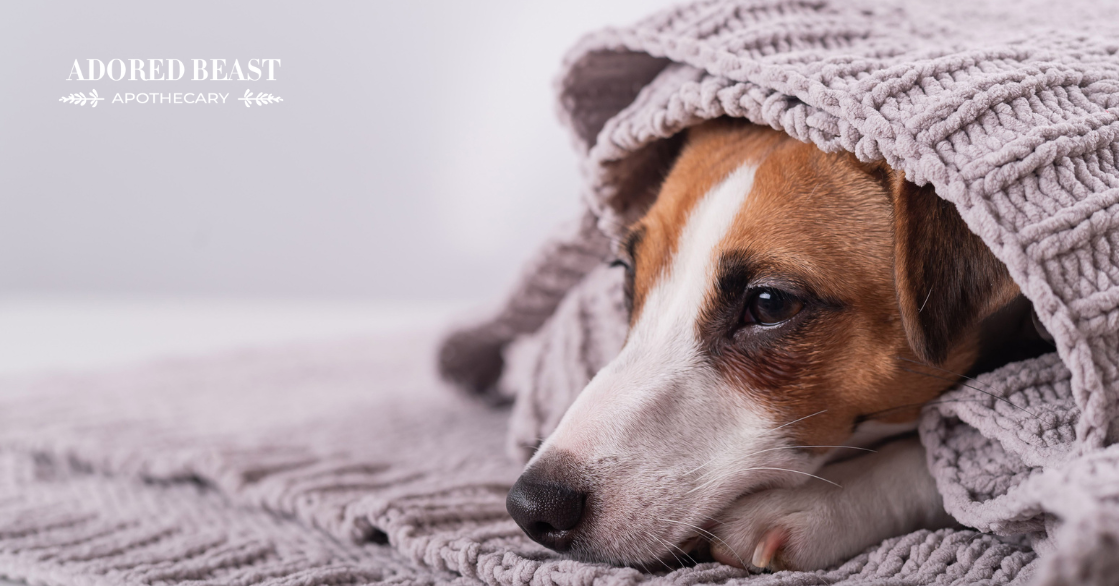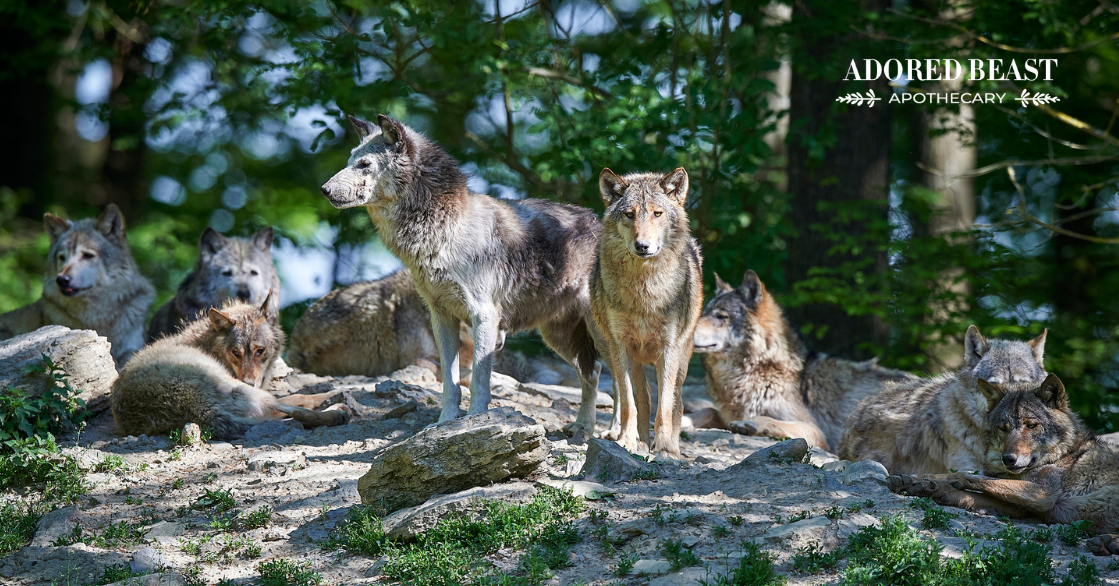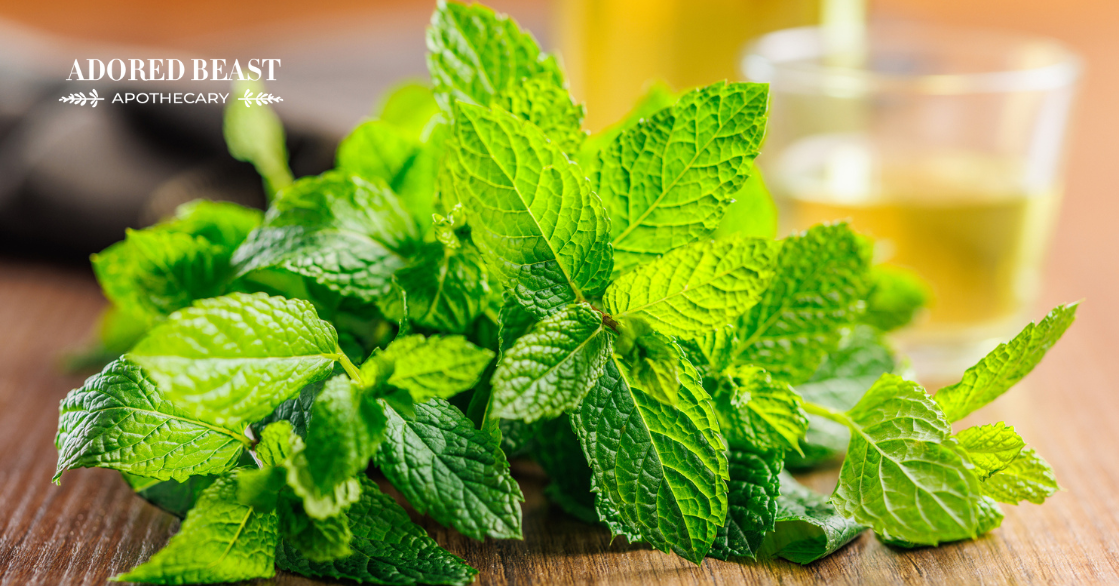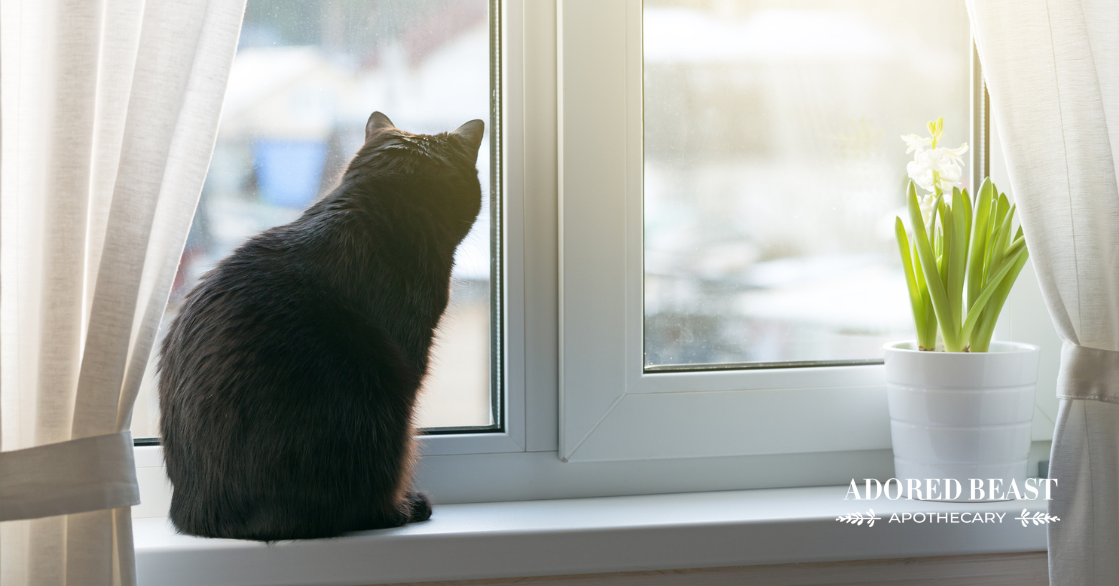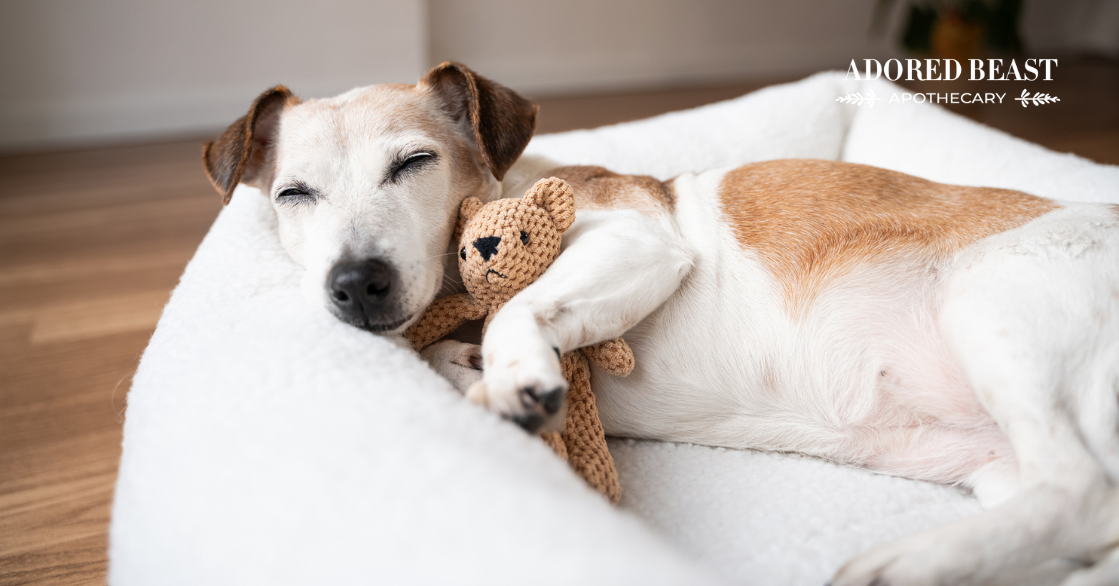Over the last few years, the term leaky gut has become well-known in both the human and pet health worlds. It’s a condition that affects many, many dogs, yet it often goes undiagnosed, often because the symptoms are so vast and varied and typically attributed to a variety of unrelated causes.
But as we learn more about leaky gut in dogs (and in general), we are coming to understand that it can actually be behind so many of the things our adored beasts suffer with on a regular basis.
What is leaky gut, exactly? What causes it, and what can the damage done to the gut result in for our animals?
And how can you show a damaged gut a little TLC if leaky gut is at play?
What is Leaky Gut?
Leaky gut in dogs (and humans and other animals), AKA increased intestinal permeability, occurs when the lining of the intestinal tract becomes damaged.
We like to think about this lining like a cheesecloth with very fine holes. When it’s healthy, those tiny holes stay tiny, containing it to the gut until it is secreted. When the lining becomes damaged, however, those tiny holes become inflamed, stiffen, stretch, and get bigger.
This damage – the holes in the cheesecloth – allows antigens (undigested food particles, toxins, bacteria, etc.) to “leak” through the intestinal wall and enter the bloodstream. The immune system then reacts to these foreign particles, leading to inflammation and a host of other health issues.
What kind of issues? A wide variety of chronic and/or inflammatory conditions have been connected to leaky gut in dogs, including:
- Chronic Inflammation: Persistent inflammation can affect various organs and systems in the body, from the heart, liver, kidneys and pancreas, to the joints and lungs
- Autoimmune Diseases: The immune system may start attacking the body’s own tissues, mistaking them for foreign invaders. This can show up as Cushing’s, hypothyroidism, IBD, Addison’s, lupus, diabetes, and more
- Allergies: Increased permeability can lead to heightened immune responses to various allergens, creating food and environmental sensitivities and intolerances
- Digestive Disorders: Conditions like irritable bowel syndrome (IBS) and inflammatory bowel disease (IBD) can develop.
- Skin Issues: Chronic inflammation can manifest as skin problems like rashes, itching, and infections.
- Behaviour problems: Aggression, anxiety disorders, fear, and obsessive-compulsive disorders or self-mutilation can all be linked to dysbiosis in the gut.
The list goes on and on…
Causes of Leaky Gut in Dogs
So what causes damage to the intestinal lining, resulting in those tiny holes stretching out?
Unfortunately, a lot – which it why it’s becoming such a pervasive issue. There are several factors that can contribute to the development of leaky gut in dogs:
- Poor Diet: A diet high in processed foods, endotoxins found in pet food, low-quality proteins, and grains can damage the intestinal lining.
- Chronic Stress: Stress affects the immune system and can weaken the gut lining.
- Antibiotics: The use of antibiotics, frequent or prolonged (sometimes even just one course) can disrupt the balance of good bacteria in the gut, leading to leaky gut.
- Infections: Parasitic or bacterial infections can inflame the gut lining.
- Born with an unbalanced microbiome: Many dogs are born with a defiant gut bacterial environment. If the momma had a poor gut microbiome, so will the pups.
- Toxins: Exposure to environmental toxins, such as pesticides and chemicals, can damage the gut lining.
- Drugs: Pharmaceuticals can stress the gut and irritate and damage the gut lining. This includes NSAIDs, flea and tick medications, etc.
- Food Sensitivities: Sensitivities or allergies to certain foods can cause chronic inflammation in the gut.
Natural Ways to Approach Leaky Gut
Now, we know if the holes in cheesecloth were to get stretched out, there’s no getting them back to the way they were…
But thankfully, that’s not the case with the gut! You can help support and heal a damaged gut. But it’s not a quick fix. Healing leaky gut in dogs naturally involves several steps to reduce inflammation, support the gut lining, and restore a healthy balance of gut bacteria.
1. Dietary Changes
- High-Quality Food: Feed your dog a diet rich in high-quality, easily digestible proteins. You’re looking for as much fresh, non-processed food as possible.
- Cut out Grains: Grains can be problematic for a variety of reasons, including sensitivities, gluten, lectins, and glyphosate.
- Avoid Allergens: Identify and eliminate any food allergens from your dog’s diet.
- Include Gut-supporting Foods: These will serve to support a much healthier digestive system, resulting in a healthier body and a happier dog. This includes things like kefir or goats milk, fermented vegetables, and bone broth.
2. A Clean Environment
- Reduce the Use of Pharmaceuticals, if Possible: Drugs can wreak havoc on the gut, so only use them when absolutely necessary. If you have to use them, be sure to repair and restore after!
- Avoid Exposure to Toxins: Pesticides, herbicides, chemical-based cleaning products, scented candles… the list goes on and on. Toxins in your pet’s environment can all work their way into the body and damage the gut. (Tip: Here are some recipes for pet-safe cleaning supplies.)
3. Supplements
- Digestive Enzymes: These can aid in breaking down food and reducing the burden on the digestive system.
- L-Glutamine: This is an amino acid that supports the integrity of the gut lining and aids in healing.
- Omega-3 Fatty Acids: Omegas have anti-inflammatory properties and support overall gut health. In fact, research shows that “omega-3 PUFAs can reverse gut microbial dysbiosis by increasing probiotic species (including Lactobacillus and Bifidobacterium) and butyric acid-producing bacteria.” Our Potent-Sea Omega-3 has higher than average levels, but are sustainably grown on land without harming the ocean!
- Probiotics: Research shows that probiotics help restore the balance of good bacteria in the gut. Look for species-specific strains like Lactobacillus Casei and Limosilactobacillus Reuteri.
- Phytoplankton: Phytoplankton is single celled and complete whole food nutrition. It’s very helpful with leaky gut because its molecule is smaller than a red blood cell and will supply amino acids, micronutrients and protein while your dog’s gut is healing.
- N-acetyl Glucosamine: NAG has been known to provide a protective effect on the lining of the stomach and intestines. It really works its magic on smooth muscle and the mucosal lining. Studies indicate that NAG may help restore the formation of protective structures in the gut and it may also help to increase the elasticity of tissues surrounding vessels.
4. Stress Reduction
- Exercise: Regular exercise helps reduce stress and supports overall health.
- Mental Stimulation: Provide toys, puzzles, and interaction to keep your dog mentally engaged and reduce stress.
- Manage Your Stress: Dogs are intuitive creatures, and can easily pick up on stress in the household. Try to reduce your own stress to reduce their stress.
5. Herbal Remedies
- Slippery Elm: Slippery elm is a demulcent plant, which means it contains a polysaccharide molecular complex called mucilage. When this mucilage comes in contact with water, it turns into a slimy, gel-like substance which is shown through research to help soothe the gut lining and reduce inflammation.
- Licorice Root: Thanks to its anti-inflammatory and expectorant properties, licorice root is popular for the gastrointestinal tract and GI issues. It not only works to reduce gastric acid activity, it also has anti-inflammatory effects on the mucosal linings of the gut. It should be used cautiously, especially in dogs with high blood pressure.
Leaky gut syndrome is a serious condition that can significantly impact your dog’s health. By understanding the causes and symptoms of leaky gut in dogs and taking the steps to support the gut and minimize the risk, you can help move towards better gut health, and better overall health as a direct result.

